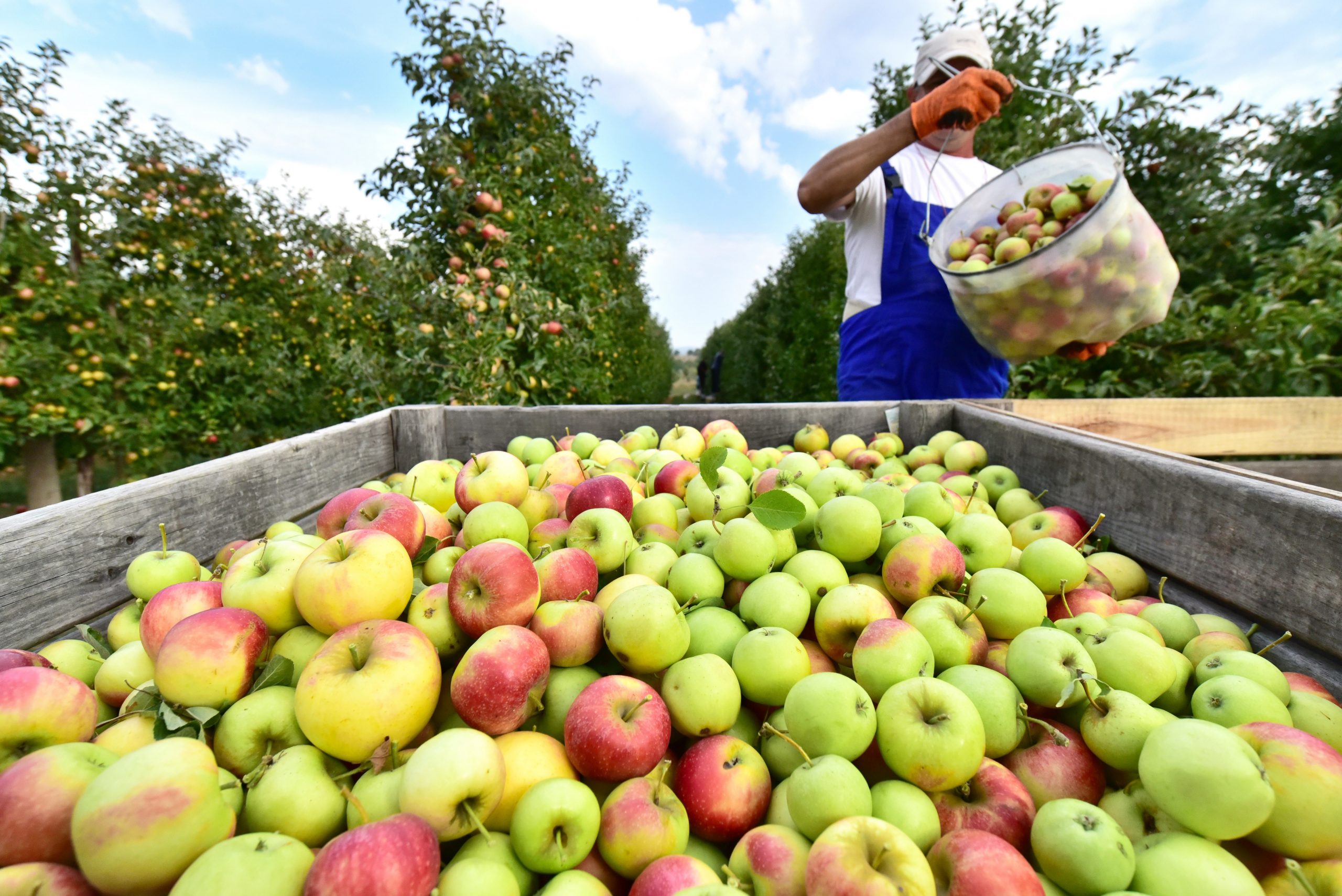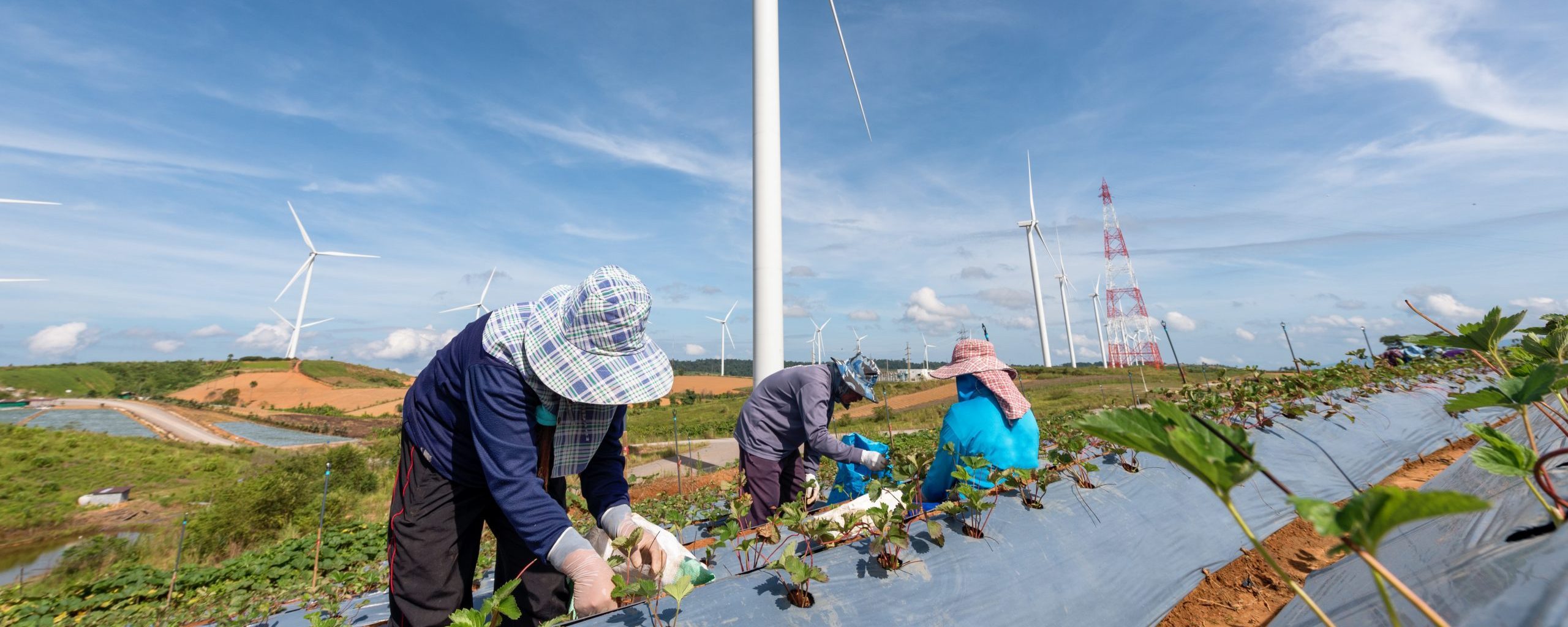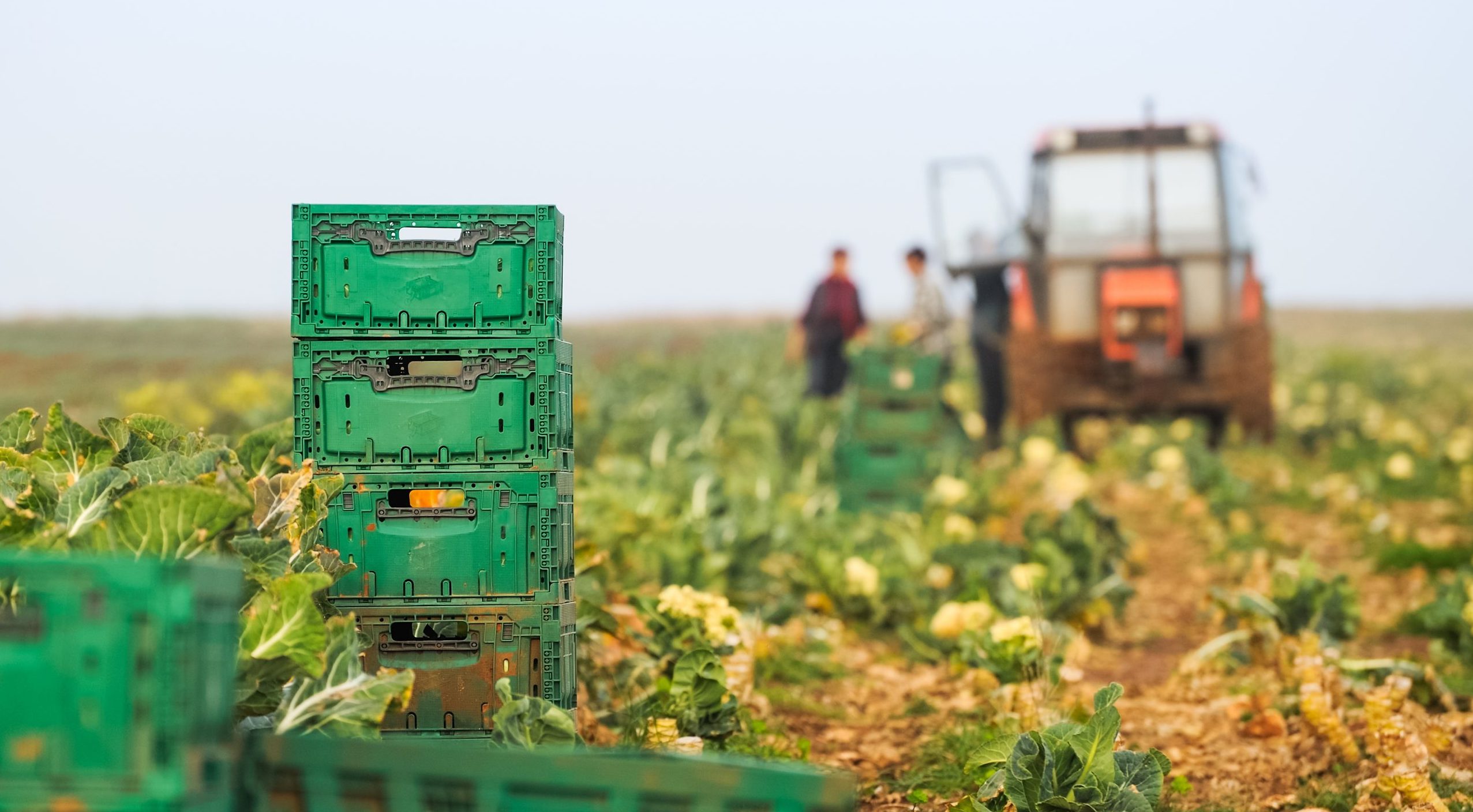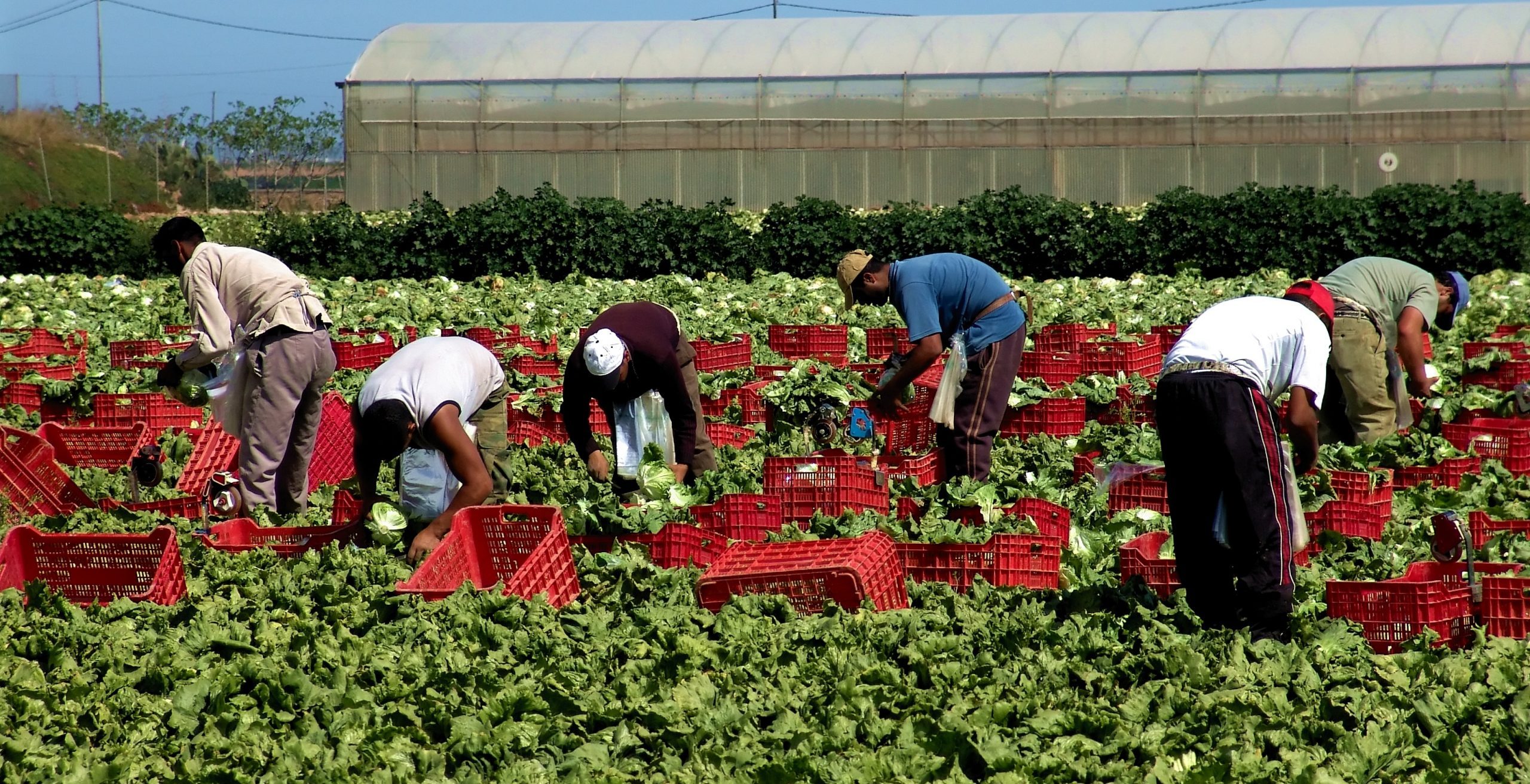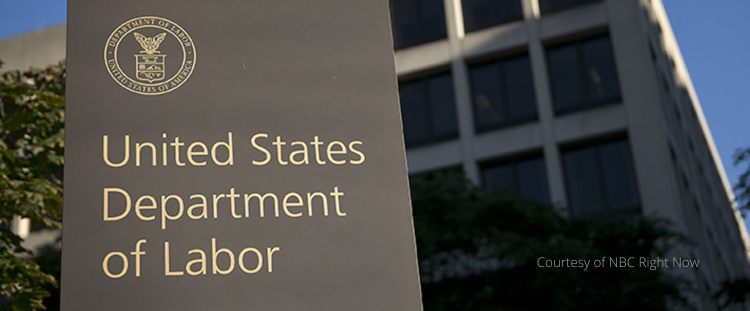Statement: Farmworker Justice stands with the LGBTQIA+ community
(Washington, D.C.) – Fifty two years ago this month, during the Stonewall Riots, Marsha P. Johnson and Sylvia Rivera, two transgender activists, among others, bravely took a stand against police violence and harassment of the LGBTQIA+ community. Pride gatherings are rooted in the struggle to overcome prejudice and lift up the voices of the LGBTQIA+ … Read more Statement: Farmworker Justice stands with the LGBTQIA+ community


